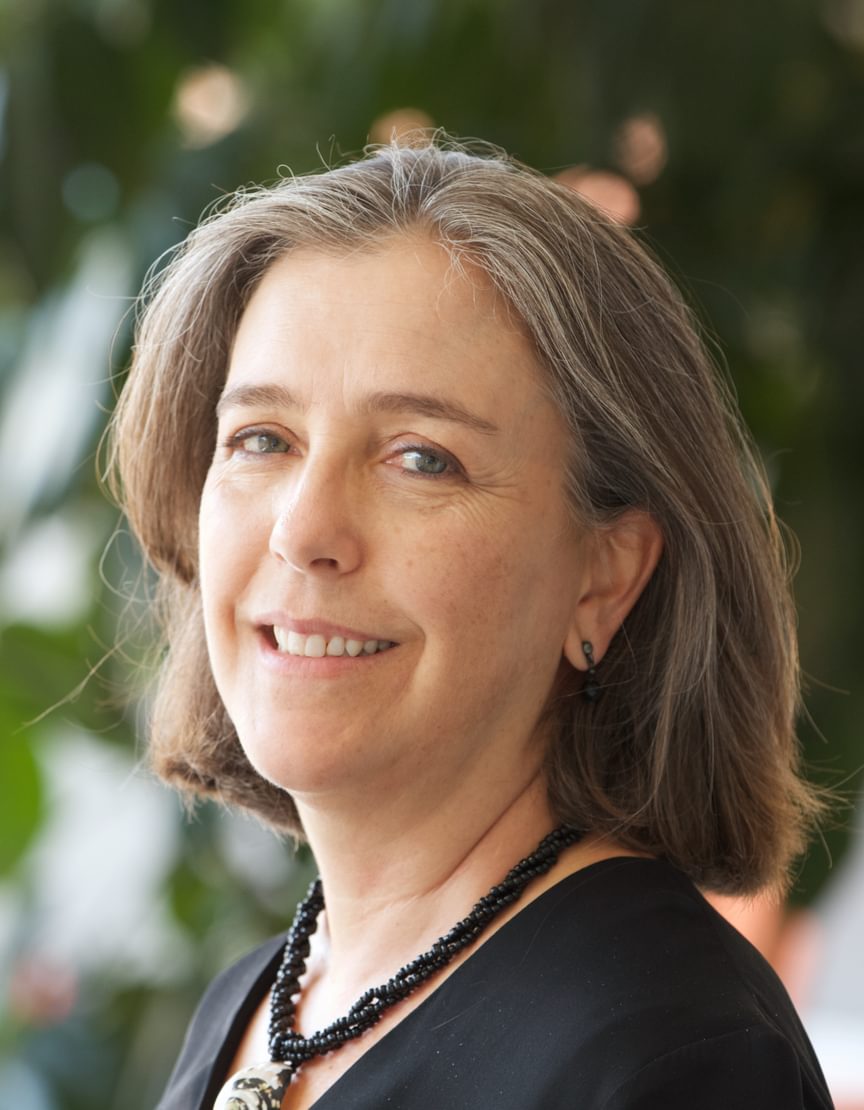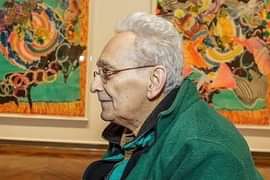
April 03, 2023
The urgency of climate change
Paula Caballero ’80 adds an expert voice to the conversation on global warming and potential solutionsby Allyson Irish
Paula Caballero ’80 has a favorite quote from Nelson Mandela: “It always seems impossible until it’s done.”
And Caballero believes in doing.
In 2015, after years of behind-the-scenes negotiations and informal diplomacy, Caballero’s “harebrained idea”—as it was initially considered by most—was formally accepted by the United Nations. Audacious in their scope, the 17 Sustainable Development Goals (SDG) provided, for the first time, a clear plan for the world to shift course and create more sustainable global pathways while tackling climate change, enhancing equity, and improving the lives of billions.
No poverty. Zero hunger. Good health and wellbeing. Clean water and sanitation. Responsible consumption and production. Impossible, some said. Not Caballero.
“This is what I signed up to do for life,” says Caballero, now regional managing director for Latin America at The Nature Conservancy (TNC), the largest and one of the most respected global environmental nonprofits. “We cannot go back. The planetary crisis is interconnected and spiraling.”
Were it not for Caballero’s dogged perseverance and impassioned focus, the SDGs would never have seen the light of day, let alone become the backbone of today’s international development agenda.
“Getting all the countries in the U.N. to agree to this was nothing short of a miracle,” says Caballero, who recounts the experience in her book, Redefining Development: The Extraordinary Genesis of the Sustainable Development Goals, co-written with longtime friend and colleague Patti Londoño Jaramillo. “It was a very complex and convoluted process that truly wrought a revolution, a radical change in how the scope and challenges of development are understood,” she says.
Hailing from Bogotá, Colombia, Caballero got a taste for international diplomacy early in her career while working for the Ministry of Foreign Affairs in Colombia and the United Nations Development Program.
At TNC, Caballero has a broad portfolio overseeing staff in nine countries and working with governments as well as NGOs and multinational corporations.
Some of her top projects in Latin America include work on watersheds across the Amazon basin, collaboration with indigenous communities, and regenerative agriculture, a process that encourages both farmers and consumers to re-think the entire process of growing food for consumption. This systems-based approach emphasizes sustainable farming and grazing practices that not only provide food, but also can reverse climate change.
Despite the dire outlook for the planet, Caballero has confidence in the next generation of leaders. While the intersecting problems of climate change, poverty, pollution, and the like may feel overwhelming, Caballero says that choosing elected officials who put forward sustainable policies is one way to affect positive change. Another is through consumers’ changing buying habits, which are forcing companies to rethink such aspects of their operations as packaging and delivery.
She also believes that youth, with their new ideas and new ways of framing problems and solutions, may just be the ones to force the necessary changes.
“We need people to feel a level of discomfort. To wake up each day and feel an impending sense of responsibility and say, ‘Here we go—we need to be the drivers of change. Now.’” (Photo credit: Jorge Coque Gamboa)
Other Stories

Sarah Sherman ’04 on NASA's groundbreaking tech that will help humankind reach new heights in space




